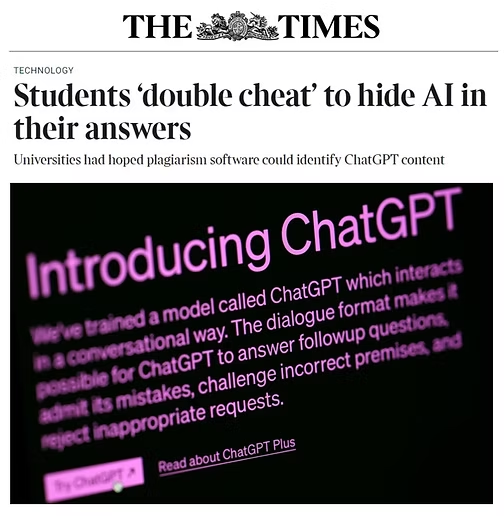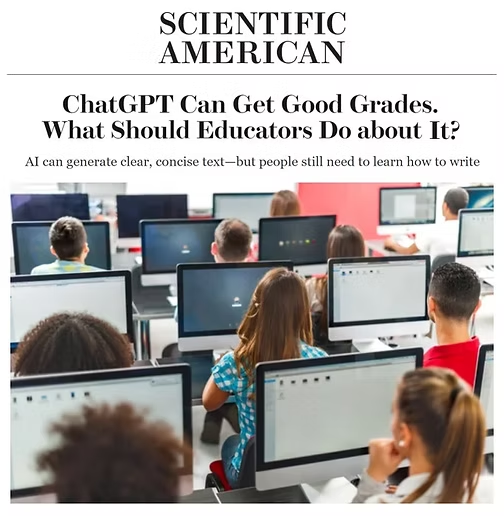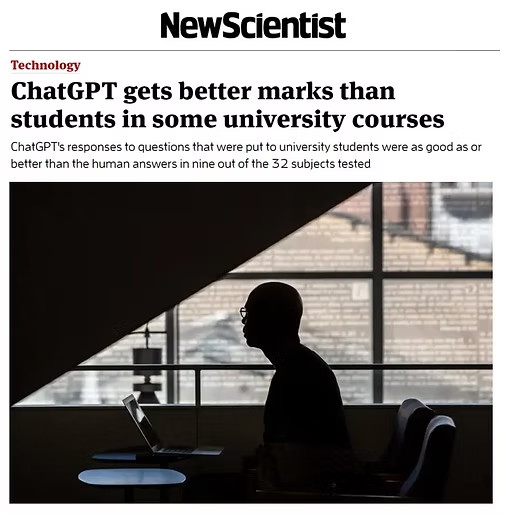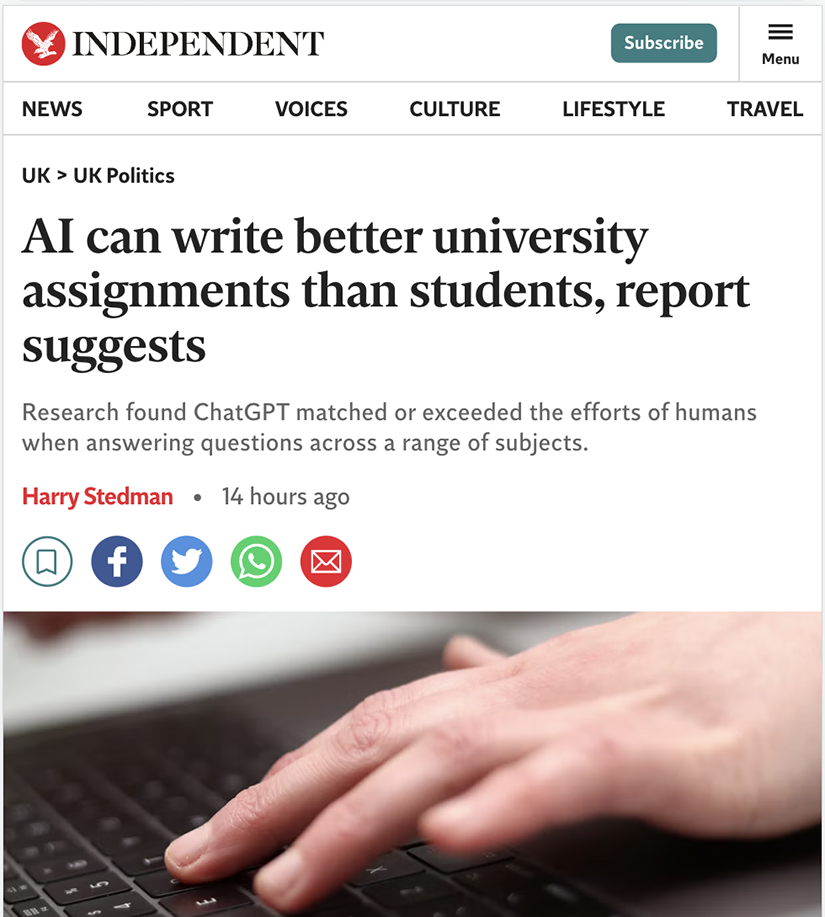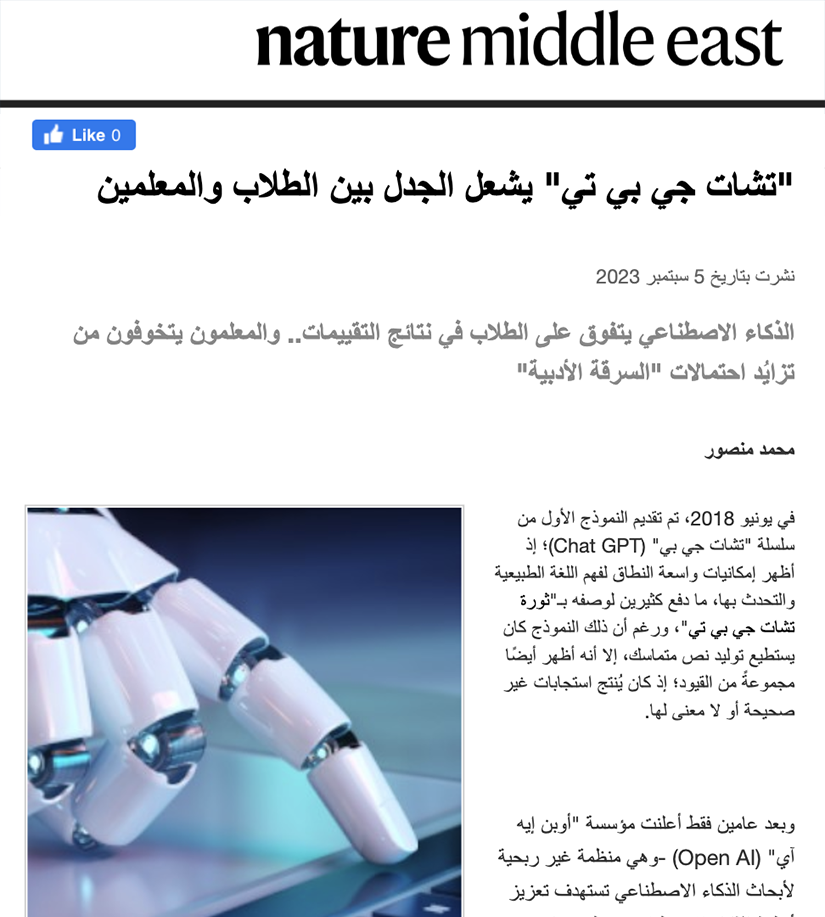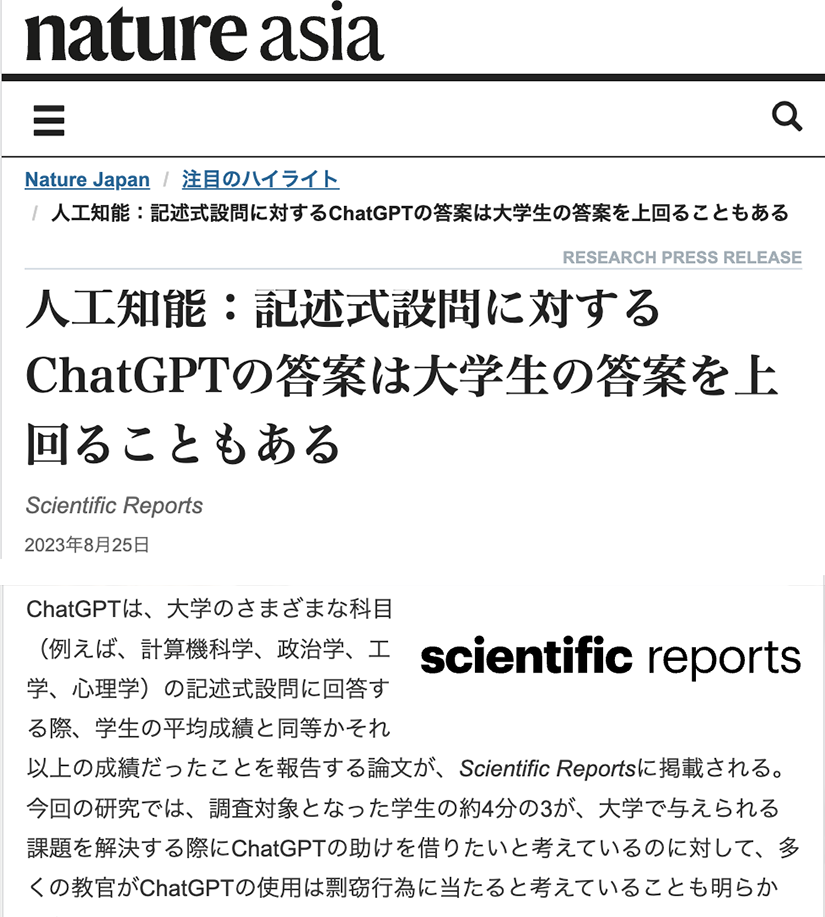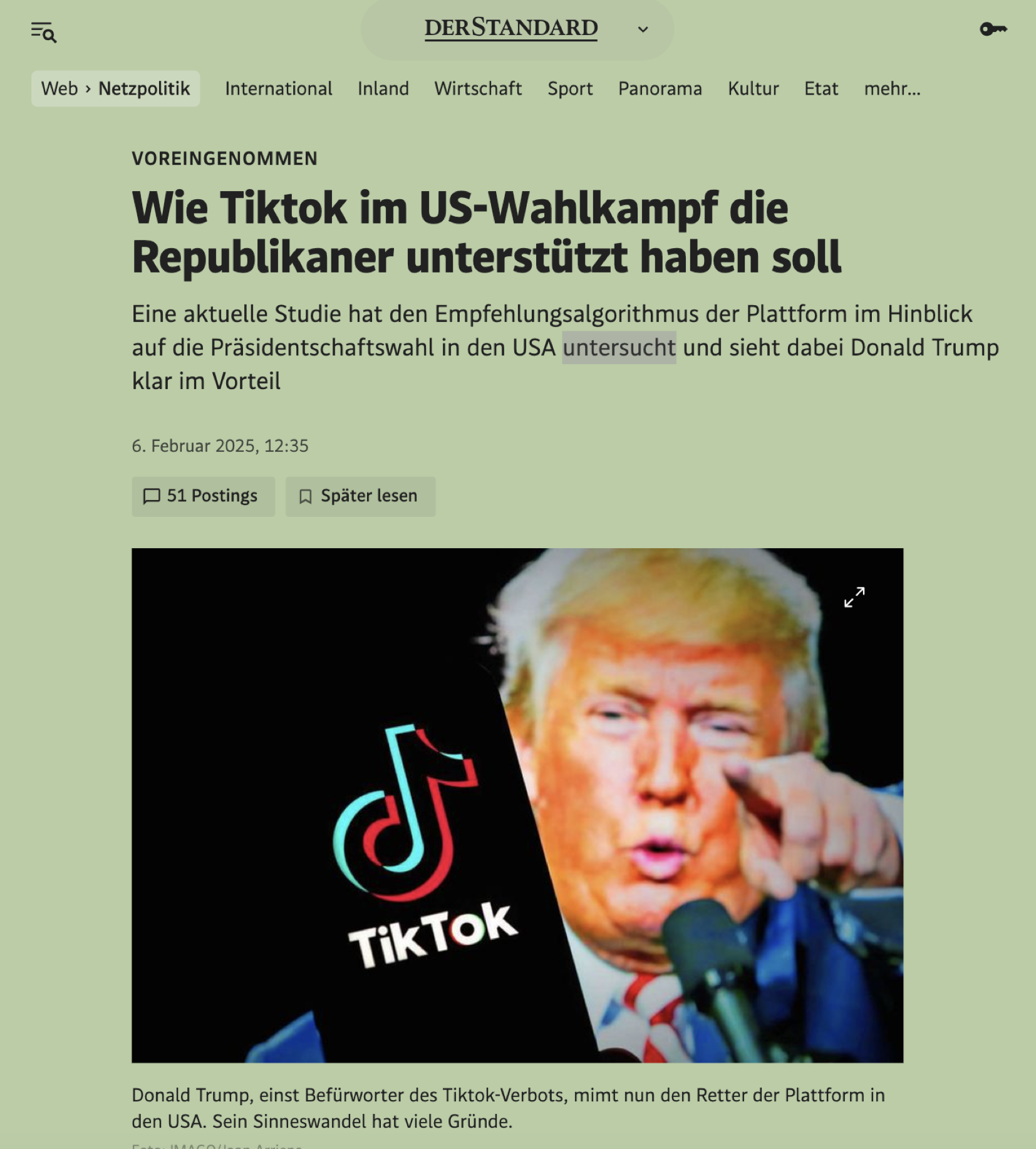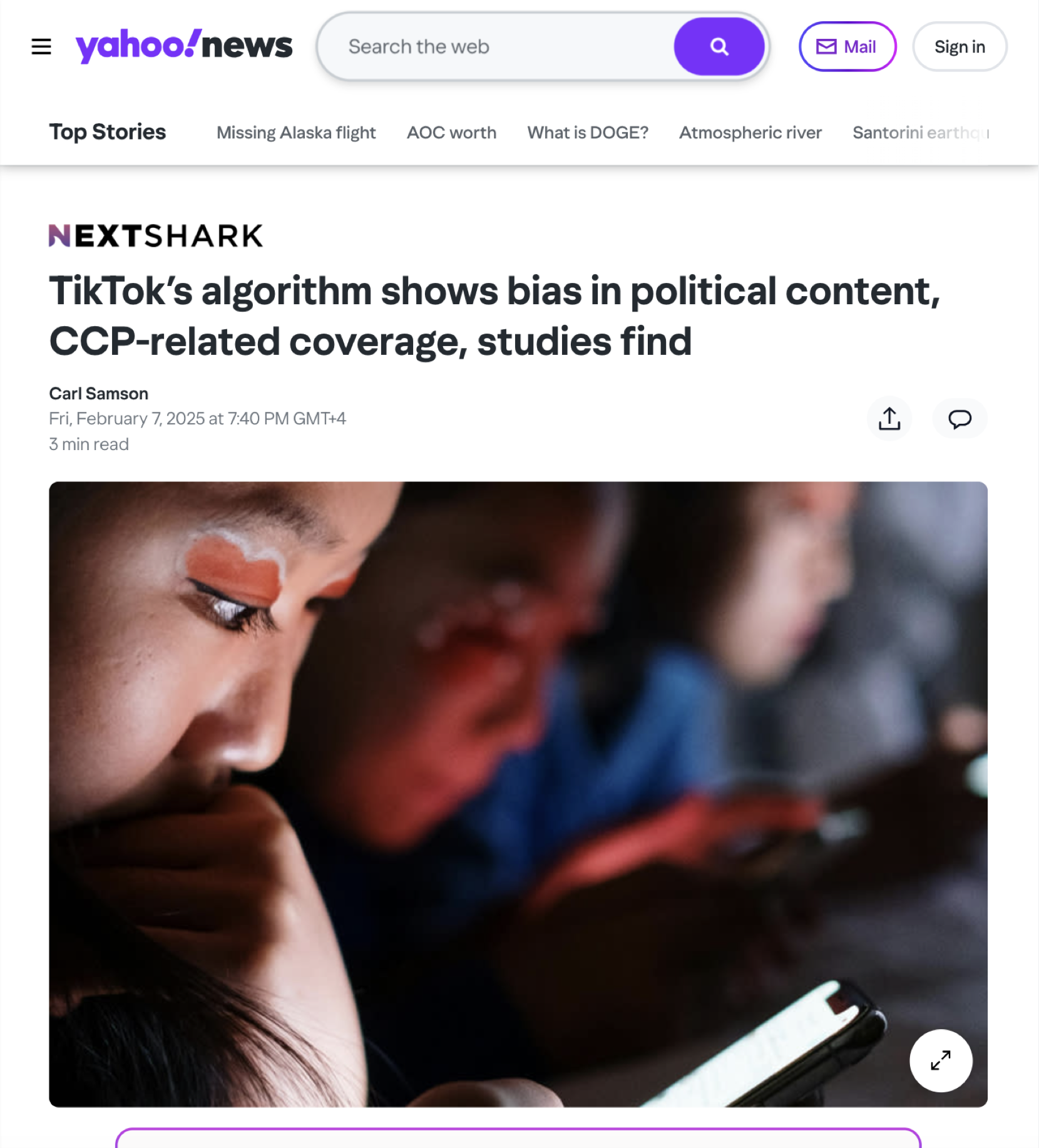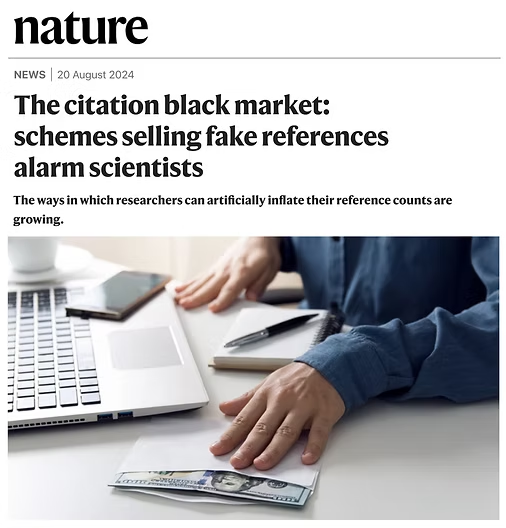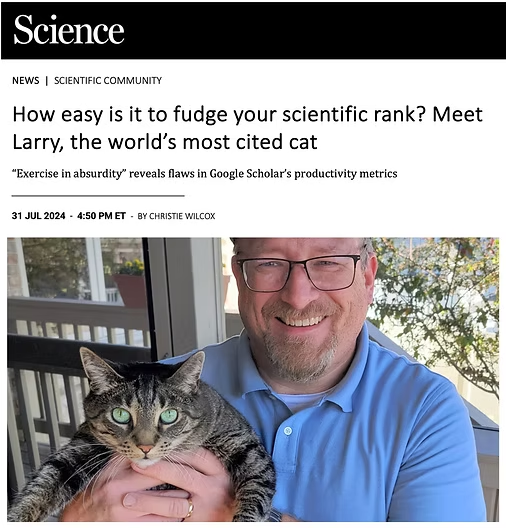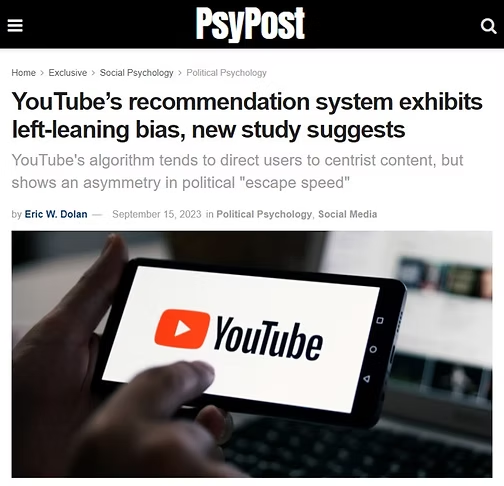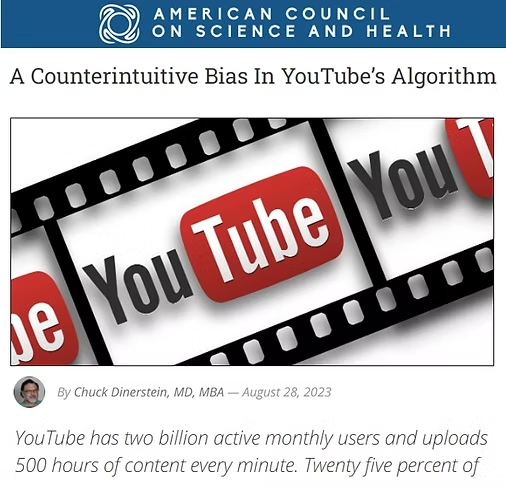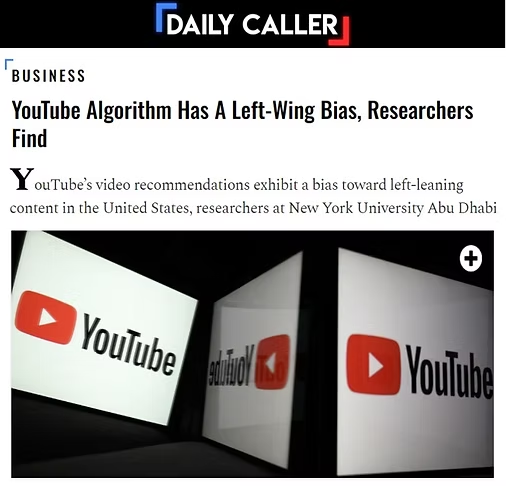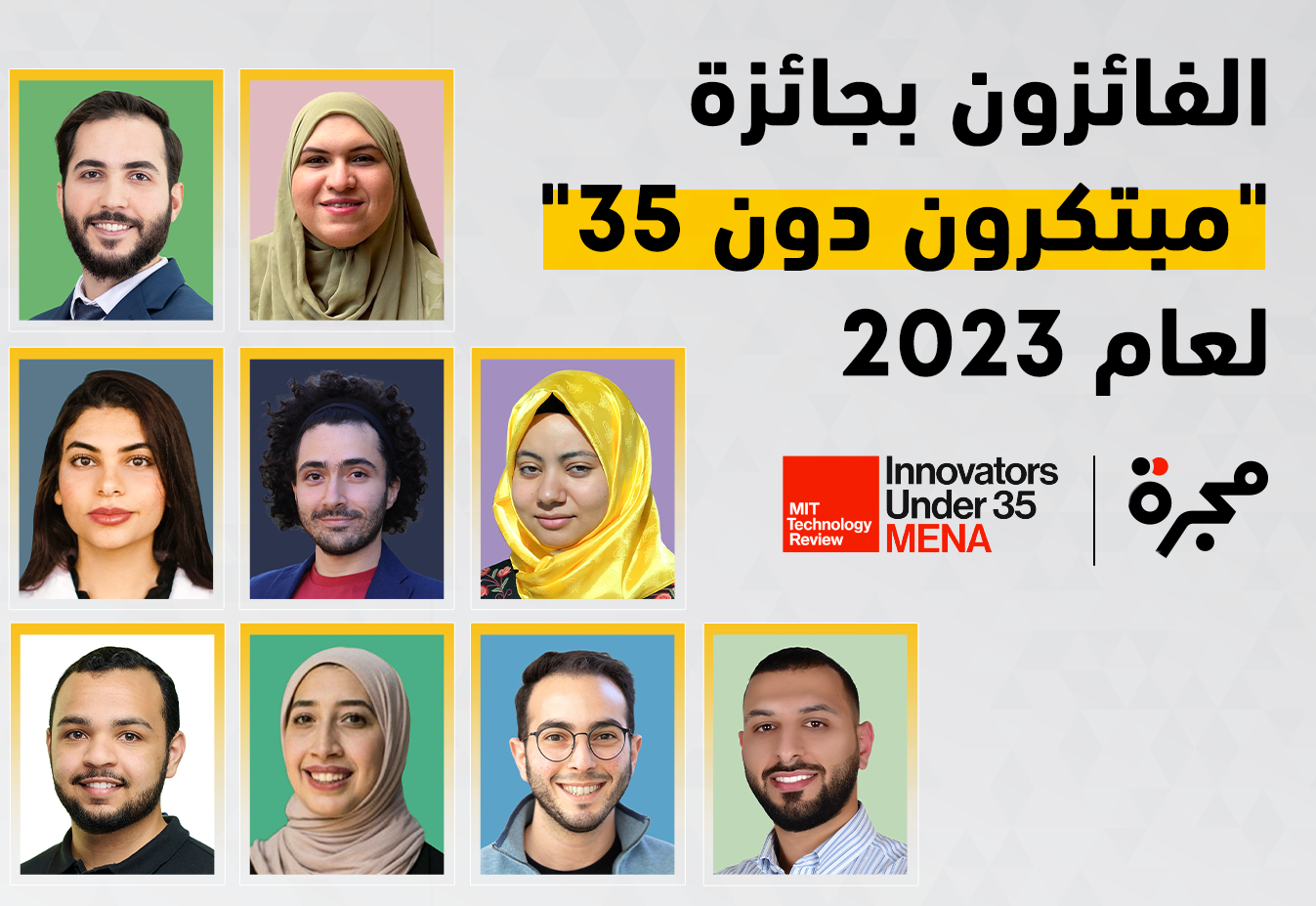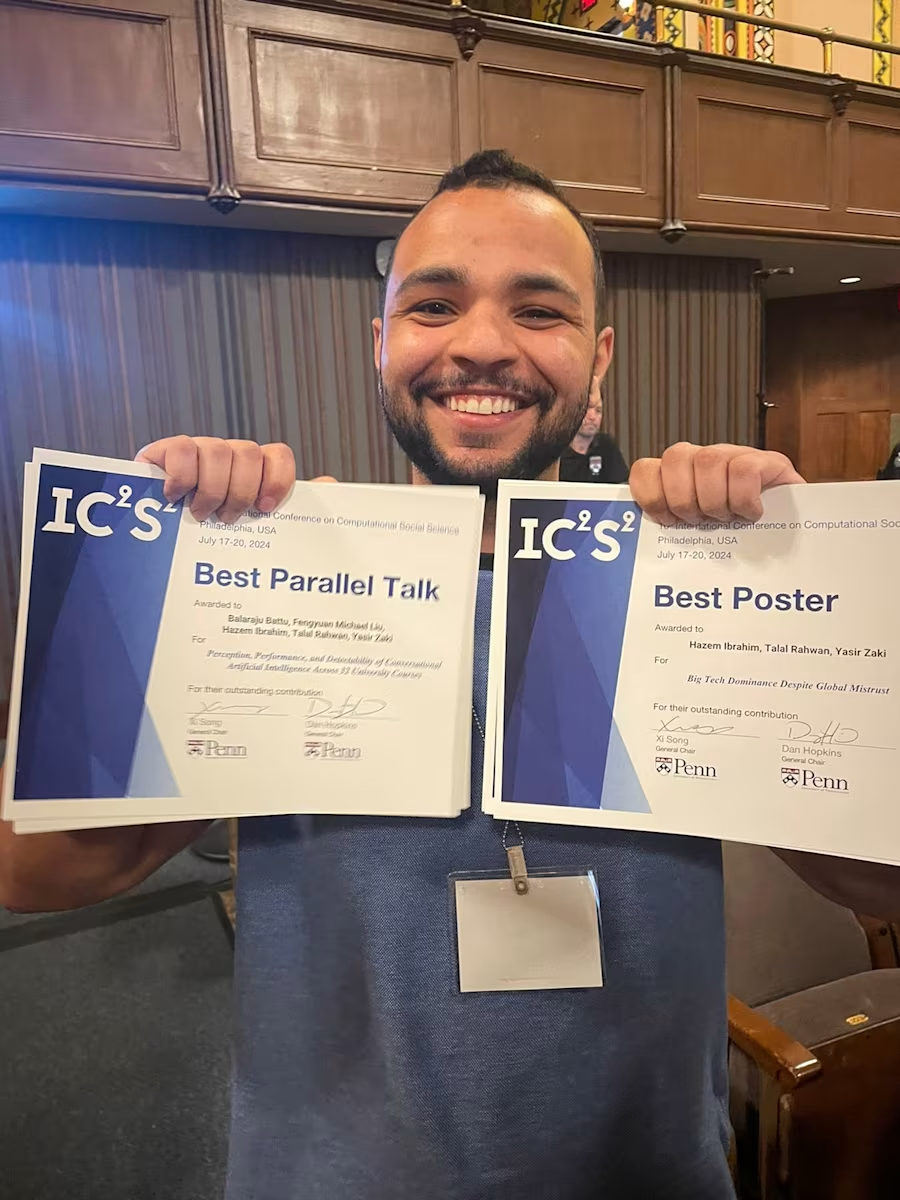
Hazem Ibrahim
Ph.D. Candidate in Computer Science at NYU
hazem.ibrahim [at] nyu.edu
I'm a third-year PhD candidate in Computer Science at NYU, where I study how socio-technical systems shape attention, persuasion, and inequality. My work sits at the intersection of artificial intelligence, computational social science, and social/traditional media studies: I build large-scale measurements of platform behavior, probe where algorithms and institutions introduce bias, and design empirical tests that separate noisy anecdotes from durable, causal patterns. Prior to my PhD, I earned a Master's in Computer Science from the University of Toronto, and a Bachelor's in Computer Engineering from New York University Abu Dhabi.
My research agenda focuses on three broad themes: (1) auditing recommendation and ranking systems to understand how political information and viewpoints are amplified or suppressed; (2) mapping representation and visibility in media—who appears, how they're framed, and with what downstream consequences; and (3) examining gatekeeping and access in knowledge ecosystems, from scholarly publishing to data availability. I also study ideological behavior in modern large language models, connecting model outputs to real-world persuasion and stance-taking.
Methodologically, I have utilized large-scale data collection and engineering, network analysis, mixed-effects and causal inference, survey and behavioral experiments, and contemporary NLP/LLM evaluation techniques to investigate these research themes. I aim for reproducible pipelines and policy-relevant findings, pairing observational evidence with experiments whenever possible, releasing tools and code, and collaborating across computer science, information science, and the social sciences. Ultimately, my goal is to develop general, testable frameworks for auditing algorithmic systems and for measuring representation and influence across digital media—work that advances science while informing governance and public debate.
Research interests
Publications
TikTok's recommendations skewed towards Republican content during the 2024 US presidential race
Revise and Resubmit at Nature
Causal evidence of racial and institutional biases in accessing paywalled articles and scientific data
Revise and Resubmit at Science
Large Language Models are often politically extreme, usually ideologically inconsistent, and persuasive even in informational contexts
Under review at American Political Science Review
Heritage Language Maintenance: The Case of Bangladeshi Immigrants in Canada
Interaction Design & Architecture(s) Journal (2025)
Citation manipulation through citation mills and pre-print servers
Scientific Reports (2025)
A Tale of Three Location Trackers: AirTag, SmartTag, and Tile
Under review at IEEE Transactions on Mobile Computing
Perception, performance, and detectability of conversational artificial intelligence across 32 university courses
Scientific Reports (2023)
Big tech dominance despite global mistrust
IEEE Transactions on Computational Social Systems (2024)
YouTube’s recommendation algorithm is left-leaning in the United States
PNAS Nexus (2023)
Rethinking homework in the age of artificial intelligence
IEEE Intelligent Systems (2023)
I tag, you tag, everybody tags!
ACM IMC (2023)
Multithreaded and reconvergent aware algorithms for accurate digital circuits reliability estimation
IEEE Transactions on Reliability (2018)
Media Coverage and Awards
Best Poster Award at AI4GS 2025
I was awarded the Best Poster Award for my poster on investigating racial and institutional biases in accessing paywalled articles and scientific data.
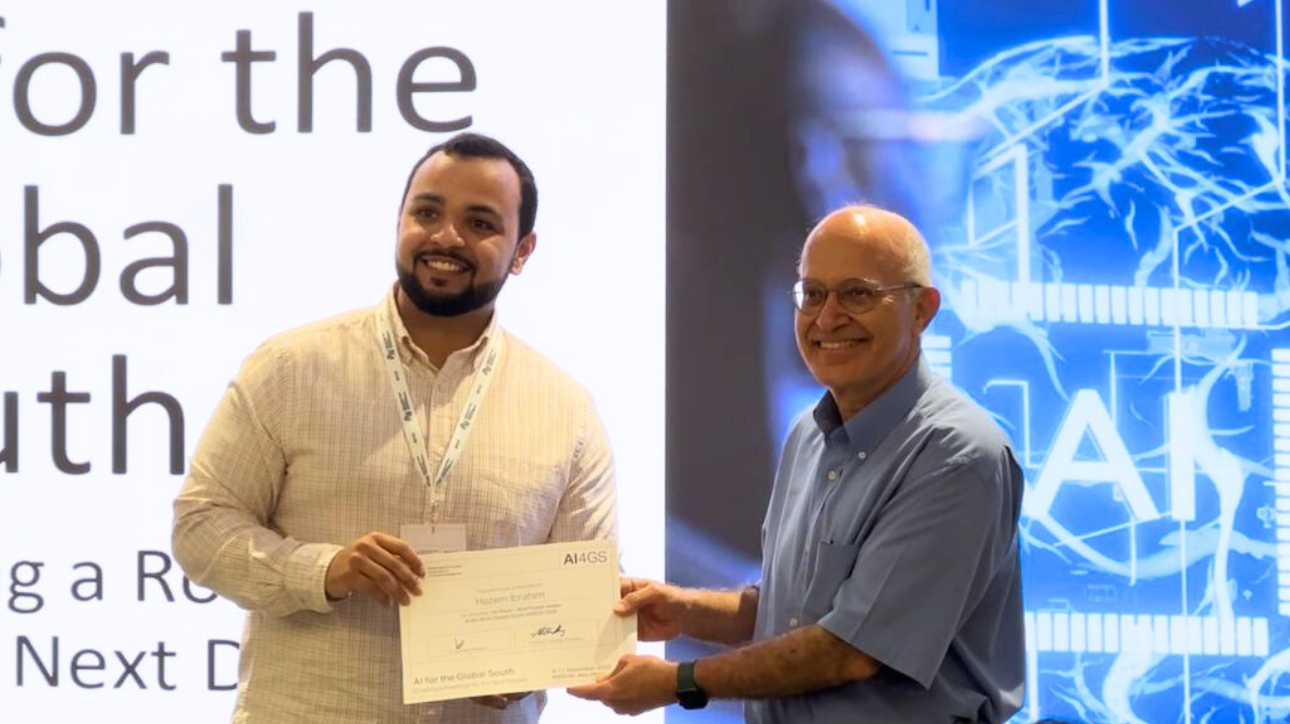
ChatGPT and Homework
Our paper "Perception, Performance, and Detectability of Conversational Artificial Intelligence Across 32 University Courses" evaluated ChatGPT's ability to solve homework assignment. It was covered by news outlets worldwide: Scientific American, The Times, The Independent, Nature Asia, Government Tech, Daily Mail, The Daily Beast, New Scientist, EurekAlert!, Phys.org, The National, Neuroscience News, Nature Middle East.
TikTok's recommendations skewed towards Republican content during the 2024 US presidential race
Using 323 independent bot-driven audits, we tracked changes in TikTok's recommendation algorithm in the six months prior to the 2024 US presidential race. Our findings were covered by PsyPost, Der Standard, and NextShark.
Citation manipulation
We went under cover, contacted a "citation boosting service", and managed to buy citations that appeared in a Scopus-Indexed journal. Our sting operation provided conclusive evidence that citations can be bought in bulk. The findings were covered by Nature and Science.
YouTube's recommendation algorithm is left-leaning in the United States
Our paper "YouTube’s recommendation algorithm is left-leaning in the United States" revealed a political bias in YouTube's algorithm. The paper was published in PNAS Nexus, and received media coverage from Daily Caller, American Council on Science and Health, The College Fix, PsyPost.
MIT Innovator Under 35 Award
I was awarded the MIT Innovator Under 35 Award in 2023 for my work on large language models and its imapct on university education.
Works in progress
Inclusive content reduces racial and gender biases, yet non-inclusive content dominates popular media outlets
Working paper
Who Gets Seen in the Age of AI? Adoption Patterns of Large Language Models in Scholarly Writing and Citation Outcomes
Working paper
A longitudinal analysis of racial and gender bias in New York Times and Fox News images and articles
Working paper
Structural Inequalities in Hollywood Representation Across a Century of Film
Working paper
Analyzing political stances on Twitter in the lead-up to the 2024 US election
Working paper
Neutralizing the Narrative: AI-Powered Debiasing of Online News Articles
Working paper
Teaching & Service
Teaching
- Instructor, CS-UH 1001 – Introduction to Computer Science – NYU Abu Dhabi (Fall 2020, Summer 2021, Fall 2021)
- Instructor, CS-UH 1002 – Discrete Mathematics – NYU Abu Dhabi (Fall 2021, Spring 2022, Summer 2022)
- Instructor, CS-UH 1050 – Data Structures – NYU Abu Dhabi (Spring 2021, Fall 2021)
- Instructor, CS-UH 2214 – Database Systems – NYU Abu Dhabi (Fall 2021, Spring 2022)
- Instructor, CS-UH 2220 – Machine Learning – NYU Abu Dhabi (Spring 2022)
- Instructor, CS-UH 2219E – Computational Social Science – NYU Abu Dhabi (Spring 2021, Fall 2021)
- Teaching Assistant, CSC148H – Introduction to Computer Science – University of Toronto (Spring 2018, Fall 2018, Fall 2019)
Academic Advising
- Undergraduate Thesis Advisor – Tewoflos Girmay (NYU Abu Dhabi, 2026)
- Undergraduate Thesis Advisor – Farhan Kamrul Khan, Chen Wei Kuo, and Kevin Chu (NYU Abu Dhabi, 2025)
Service
- Reviewer: AAAI ICWSM, IC2S2, ACM WebConf (WWW), ACM CHI, ACM CSCW, and Scientometrics
